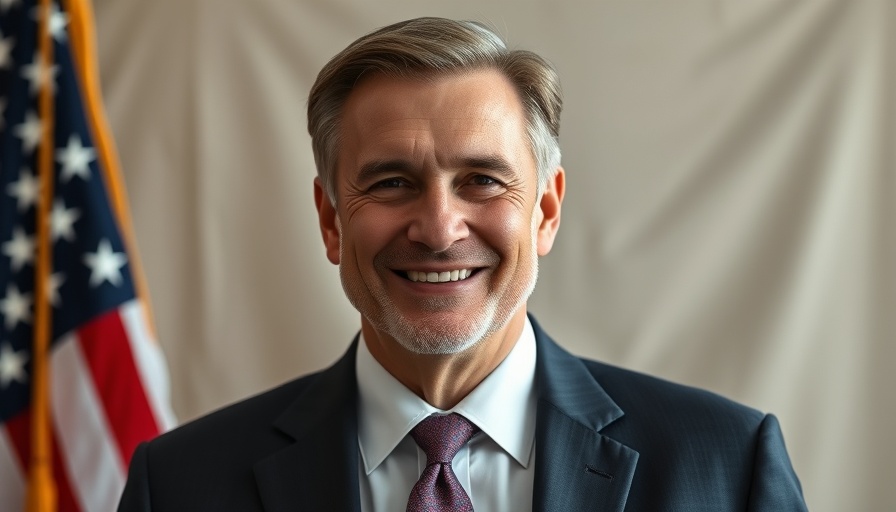
Trump Administration Pushes to Remove Ethics Watchdog: What You Need to Know
In a significant ruling, a federal appeals court has permitted the Trump administration to remove Hampton Dellinger, the head of the Office of Special Counsel (OSC), while a legal challenge against his dismissal unfolds. This decision comes just days after a federal district judge called the initial attempt to terminate Dellinger "unlawful." Despite the appeals court's ruling, it remains uncertain whether Dellinger will return to his position during the appeals process, which will likely extend to the Supreme Court.
Importance of Ethics in Government
The OSC plays a crucial role in protecting federal employees who report unethical or illegal conduct. By removing the watchdog responsible for such protections, the Trump administration raises concerns over transparency and accountability in government operations. Taxpayers, who fund federal oversight agencies, may worry about potential abuses or mismanagement that could result from diminished ethical safeguards.
Implications for Taxpayers
The implications of this ruling extend beyond just one individual. As taxpayers, it is vital to understand how decisions made at the highest levels of government impact day-to-day operations and protections for whistleblowers. Protected employees often help root out corruption, which ultimately can lead to a more efficient government and better tax management. Understanding the nuances of these legal battles can empower taxpayers to advocate for strong ethics in governance.
What Can You Do?
As this situation evolves, it's important for taxpayers to engage with local representatives about the significance of maintaining strong ethics oversight. Consider exploring how financial incentives, like savvy strategic tax deductions, can align with the broader mission of holding federal agencies accountable. These deductions not only benefit individuals but can also promote compliance and ethical behavior within organizations.
 Add Row
Add Row  Add
Add 




 Add Row
Add Row  Add
Add 

Write A Comment